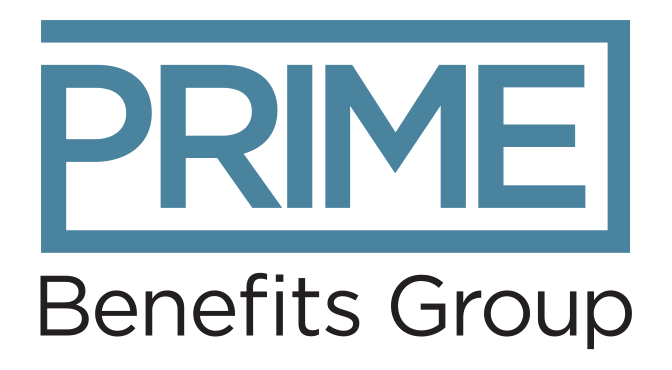- Have a question?
- 613-89-Prime (77463)
- 1-866-950-3667
- info@primebenefitsgroup.com
Increasing Employee Engagement in a Remote Workplace


What is Employee Engagement?
Employee engagement is the degree of commitment and concern that an employee has for their organization and its goal, and it has become a top concern for managers as the hybrid/ remote work environment becomes the norm.
Compared to engaged employees, disengaged employees are 21 percent less productive, produce work of a lesser quality, show a decreased work morale and have 50 percent more safety incidents. Additionally, they are absent more often and are 12 times more likely to leave their jobs within the year.
Employees that aren’t engaged are unnecessarily costly to the economy and an extreme waste of human resources.
Why is it Important?
The importance of focusing on employee engagement is realized when estimates suggest that globally, only 20 percent of employees are engaged at work. Furthermore, managers themselves influence as much as 67 percent of the engagement that employees feel.
How do managers foster employee engagement in the workplace? They can prioritize career development, create opportunities for new learning and growth, allow employees to work on special projects that interest them, put effort into nurturing a positive company culture, recognize superior work when it is done, solicit feedback from employees regularly about how engaged they feel, and develop a good onboarding experience for new hires.
Four Tips to Consider
The hybrid/remote work environment creates additional challenges for managers. These employees’ main complaints are:
- they feel socially isolated from their colleagues,
- they are less likely to be able to separate work life from home life,
- and they are lacking the technological tools and support for them to do their best work.
In addition to the usual engagement tools, there are four ways that managers of hybrid/remote employees can increase engagement further:
- Have a flexible work schedule. When employees have flexibility in where and when they work, engagement increases 41 percent. Although this creates extra work for managers who may have to coordinate teams across many different schedules, it is less of a burden if everyone on the team agrees in advance to hold some meetings at regularly scheduled times.
- Set clear expectations for work hours and availability. This helps employees unplug and separate work from home. Also, it removes uncertainty about what and when works needs to get done.
Employee engagement increases 121 percent when managers take time to clarify expectations with employees. - Nurturing social relationships among colleagues. Engagement increases 42 percent when employees get to know each other on a social/personal level at work.
Some ideas of how to nurture this include:
– regularly scheduled virtual coffee breaks,
– fun video meetings (wear funky glasses, show your pets, share your favourite recipe),
– create a virtual ‘water cooler’ space for employees to share non-work-related news,
– online board games, karaoke, or movie night, and so on. - Give workers the proper technological tools. These tools can make all the difference in how engaged the employee feels with their organization. Different tools are best suited for different purposes.
For example, Slack, Zoom, Asana, GoToMeeting, or Trello are great for team communication, Zoom and Teams are useful for videoconferencing. Asana or Milanote has project management functionality.
We’re Here to Help
Organizations today face additional challenges in engaging remote/hybrid employees, and managers play a key role in proactively addressing these issues. We are here to help and invite you to contact us at info@primebenefitsgroup.com. Let’s work together and create solutions that work best for you and your organization.
Additional Resources
10 Employee Engagement Survey Qs Science Says You Can’t Live Without